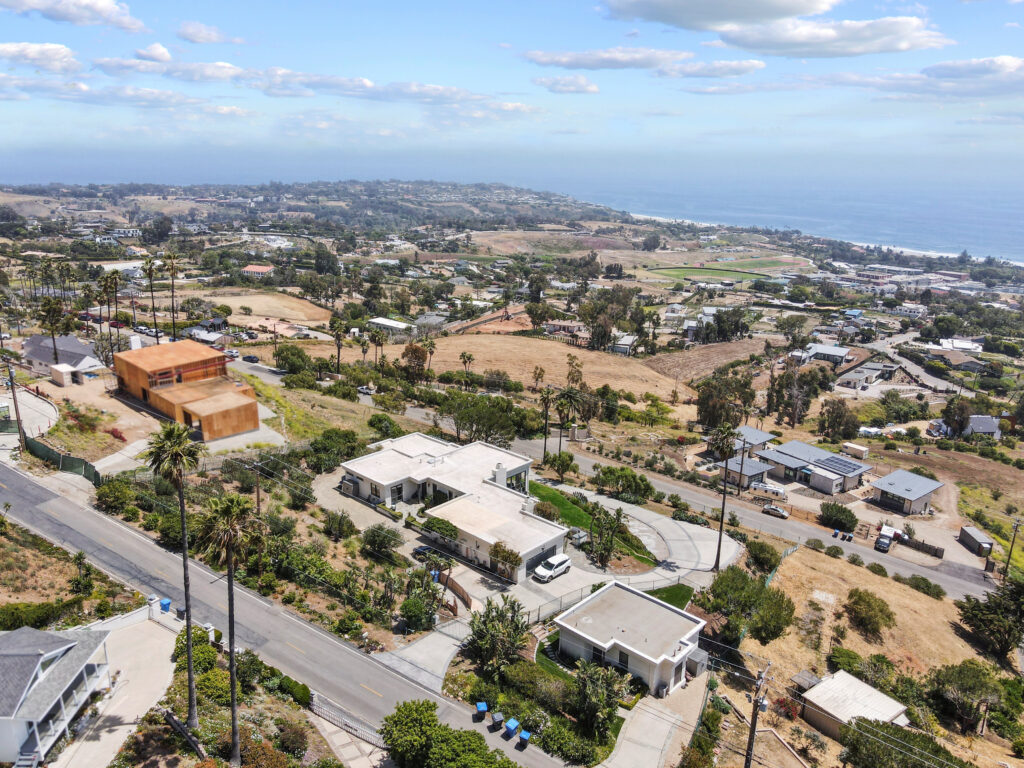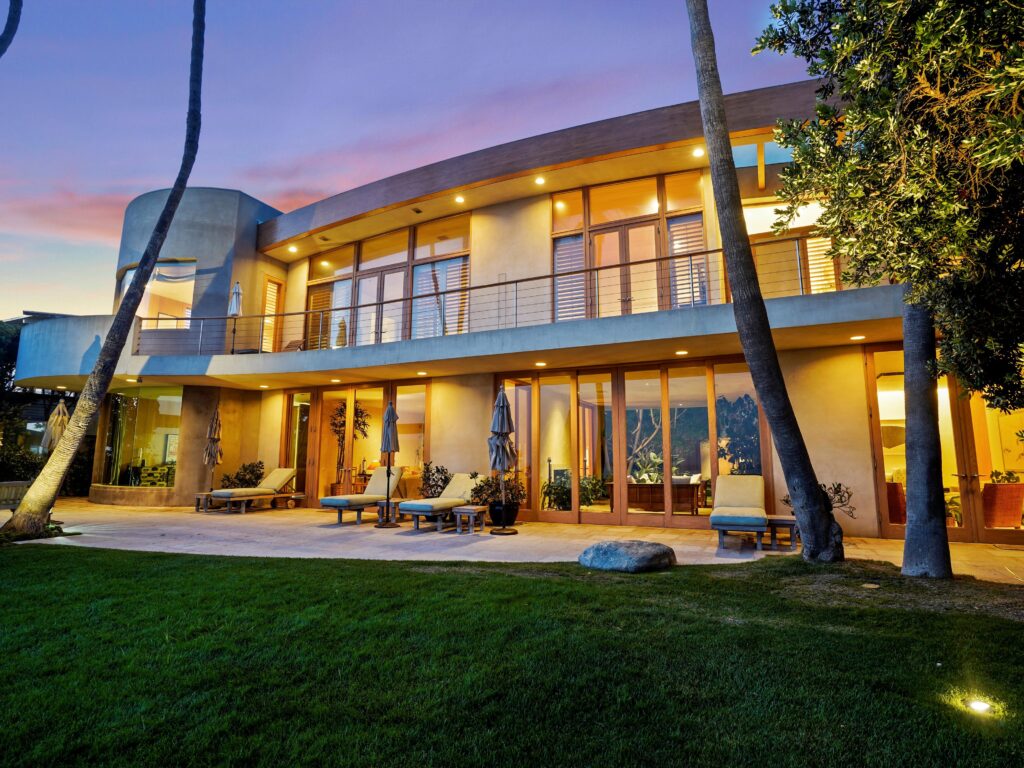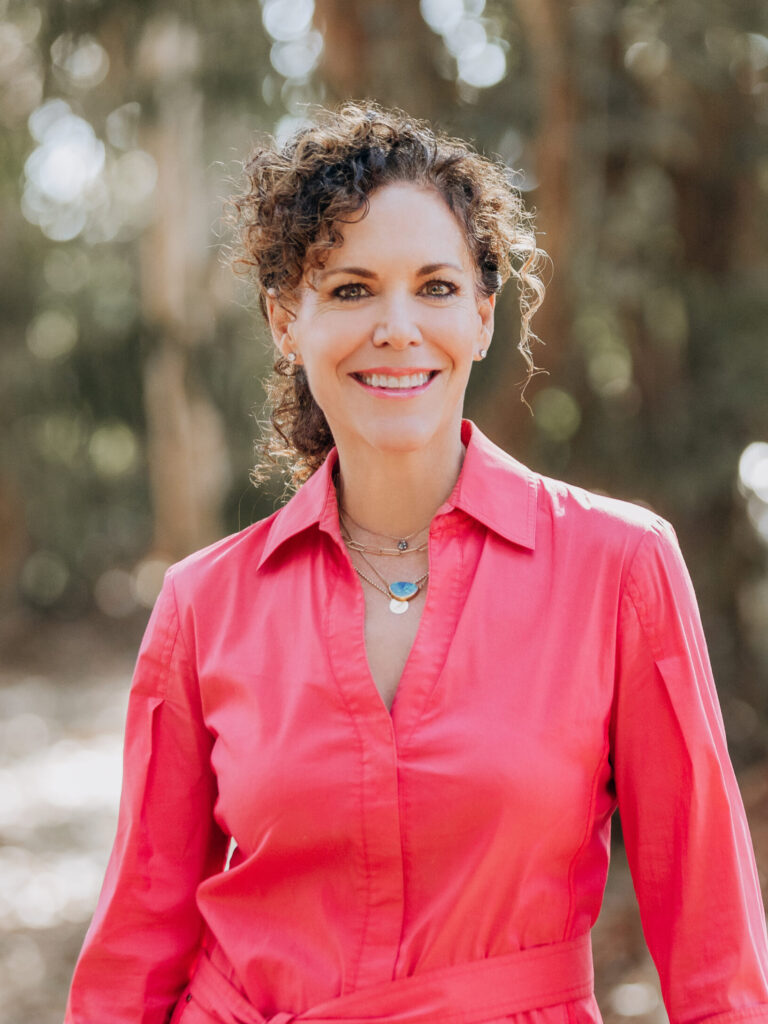This edition of Malibu Current Events was published in August 2022. Visit the City of Malibu’s website for the most up-to-date information.
Legislation in Malibu often moves slowly, especially controversial items like Accessory Dwelling Units, Short Term Rentals, and the Dark Sky Ordinance.
All three of these have been under discussion for years. In recent months, there have been developments in each. As local real estate advisors and residents of Malibu, these ordinances affect our clients, friends, and ourselves. We’ve researched and summarized the most recent developments below. For the most accurate and up-to-date information, please get in touch with the City of Malibu.

Accessory Dwelling Units
In much of Los Angeles, permits to build an ADU are easy to obtain and the addition of housing is encouraged. This combats the housing shortage, as well as rising prices of rentals across the city.
The addition of ADUs in Malibu has long been under discussion. Advocates say that it would increase the housing supply in an area that is very limited. These guest houses would also be much more affordable rentals than many of the options currently available in Malibu. There is also substantial resistance to readily granting ADUs, including preserving Malibu’s rural character, the fire danger additional structures will create, and the overall increase in density.
Our Local Coastal Program preempts the state law for ADUs. The City must put through an ADU ordinance that will preserve coastal resources and access that is acceptable to the coastal commission and they have yet to do so.
In the City Council’s latest meeting on August 22nd, the item was finally discussed after being postponed for months. The City has always required a Coastal Development Permit for any kind of second unit or guest home. This falls under our local coastal program. The default state rules conflict with the coastal program, and the coastal program supersedes these laws.
The City of Malibu can therefore present an ordinance that will be accepted by the Coastal Commission. This will provide a framework for ADUs in Malibu going forward.
At the latest meeting, the minimum change suggested was to change “second unit” to “ADU” in Malibu’s LCP so that it is addressed in our local coastal plan. This means that there would not be an ordinance with deed restrictions, height restrictions, and other specific restrictions relating to ADUs. Each ADU would still need to be approved by the L.A. water department and a municipal code complying with state laws would still be put forward.
This motion was approved by the City Council. Essentially, nothing is changing at this time. ADUs will need a Coastal Development Permit as second units and guest homes previously have in Malibu.

Short Term Rentals
Short-term rentals (Airbnb, VRBO, etc.) have always been a hot-button issue in luxury communities. In the neighboring city of Santa Monica, short-term rentals were banned altogether.
The pros and cons are fairly straightforward. Advocates want the ability to lease out their homes at nightly rates and have the benefit of shorter-term tenants that do not tie up the properties for long periods of time. Unfortunately, this format often leads to uncontrolled parties, loud noise, and transient guests that can change the character of luxury, rural, and quiet neighborhoods.
In January of 2015, a short-term rental ordinance took effect in Malibu that required owners to apply for a permit, pay a fee to register their short-term rental, and hosts would need to be on-site as well as have a primary mailing address in Malibu. Unfortunately, the cart was put before the horse.
In August of 2022, the coastal commission struck down this ordinance. They did so on the grounds that it would cripple the market and reduce affordable options for visitors, pushing out the owners who could not comply and coastal visitors who could not afford the higher-priced vacation rentals.
By un-certifying the ordinance, there is essentially no legal recourse for owners who do not comply with the City of Malibu’s previous requirements. For the time being, Airbnb and VRBOs will remain a part of our lives in Malibu.

Dark Sky Ordinance
Last by not least in current events is Malibu’s Dark Sky Ordinance. This is another multi-year issue in Malibu and beyond. As Los Angeles continues to grow, so does light pollution. Besides disgruntled stargazers and astrologists, light pollution has a profound effect on local wildlife. Malibu and the Santa Monica Mountains are largely labeled as Environmentally Sensitive Habitat Areas (ESHA) and contain over 45 mammal species alone. Light pollution is also in conflict with Malibu’s rural history and characteristics.
In January of 2022, the City Council passed a new Dark Sky Ordinance. In August of 2022, they held their first public hearing and reading of the ordinance. It is set to take effect on October 15, 2022. The following is from the City of Malibu’s web page, which can be accessed here.
REQUIREMENTS OF THE ORDINANCE
All outdoor light fixtures must comply with the following requirements immediately:
1. Outdoor light fixtures that have the ability to be redirected, shall be directed downward so as to minimize sky glow, glare and light trespass onto adjacent properties.
2. Outdoor light fixtures that have adjustable dimmers with color temperature that exceeds three thousand (3,000) Kelvin shall be dimmed to comply with Section 17.41.050(G) to minimize glare and light trespass onto adjacent properties.
3. String lights may be allowed in occupied dining and entertainment areas only and must not exceed three thousand (3,000) Kelvin. String lights shall not be used as landscape lights. This does not apply to seasonal lighting.
There is further details and fine print for residents to review at the City’s web page. The City is also hosting two presentations regarding the requirements (residential and commercial) at the end of August that will be available afterward on their YouTube channel.












